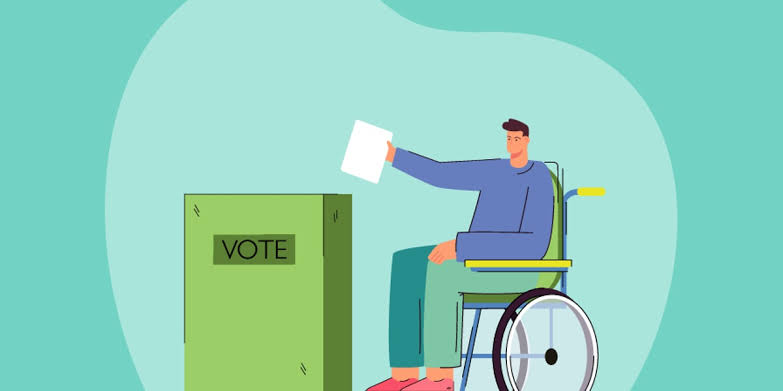In every undertaking, there's always what is ideal in theory and what is possible in reality. While it is hard to merge the two due to factors that are beyond human control, what is ideal gives motivation for what is possible while the reality pushes people to think and come together to pursue a common goal.
Ideally, there should be disability representation in all levels of governance and leadership all over the world. A few countries such as the United States have been led by presidents who have had a disability at one time or the other such as Bill Clinton who is hearing impaired or the charismatic John F. Kennedy that had a learning disability and chronic pain to deal with. Beyond the presidency, the American Disability Act and other Federal laws have protected the rights of persons with disabilities to vote in the US.
In Kenya, the ideal situation as envisaged in the Constitution is when there's 5% implementation of disability involvement in all public positions elected or appointed. The Political Parties Act of 2011 and ammended in 2022 states that there should be equal representation of persons with disabilities in the political parties. This explains why political parties in the 2022 elections now have disability leagues.

The challenge, however is that in reality, there's little to no civic education on matters disability and politics. Civic education ought to be done to enlighten the people and specifically persons with disabilities on the provisions in the law for them to participate in politics, in addition to addressing the challenges Persons with Disabilities face while participating in politics.
Of course, this would require a constant engagement with civil society groups just like there's constant engagement with human rights groups when advocating for human rights in the disability context.
The result of this is that with more civic education to the masses more so persons with disabilities, political party disability leagues would be invigorated or strengthened and become more pro active rather than reactivate. They would also be welcome to constructive criticism rather than just existing to fulfill a law or for formality. In the long term those nominated to Parliament whether Senate or National Assembly would be a true reflection of the views of persons with disabilities, not just persons with disabilities who will rubber stamp everything the political parties say.
What makes it much better is that civil society groups have the same congruence with disability organisations to some level in that they are keen on issues affecting certain demographics and regions. Thus they can partner together to articulate disability representation in counties or national government bodies, and this disability inclusion could also be used for youth or women representation, that is, a person with disability who is a youth or a woman.
Ideal situations are possible with time and goodwill. It can be done.